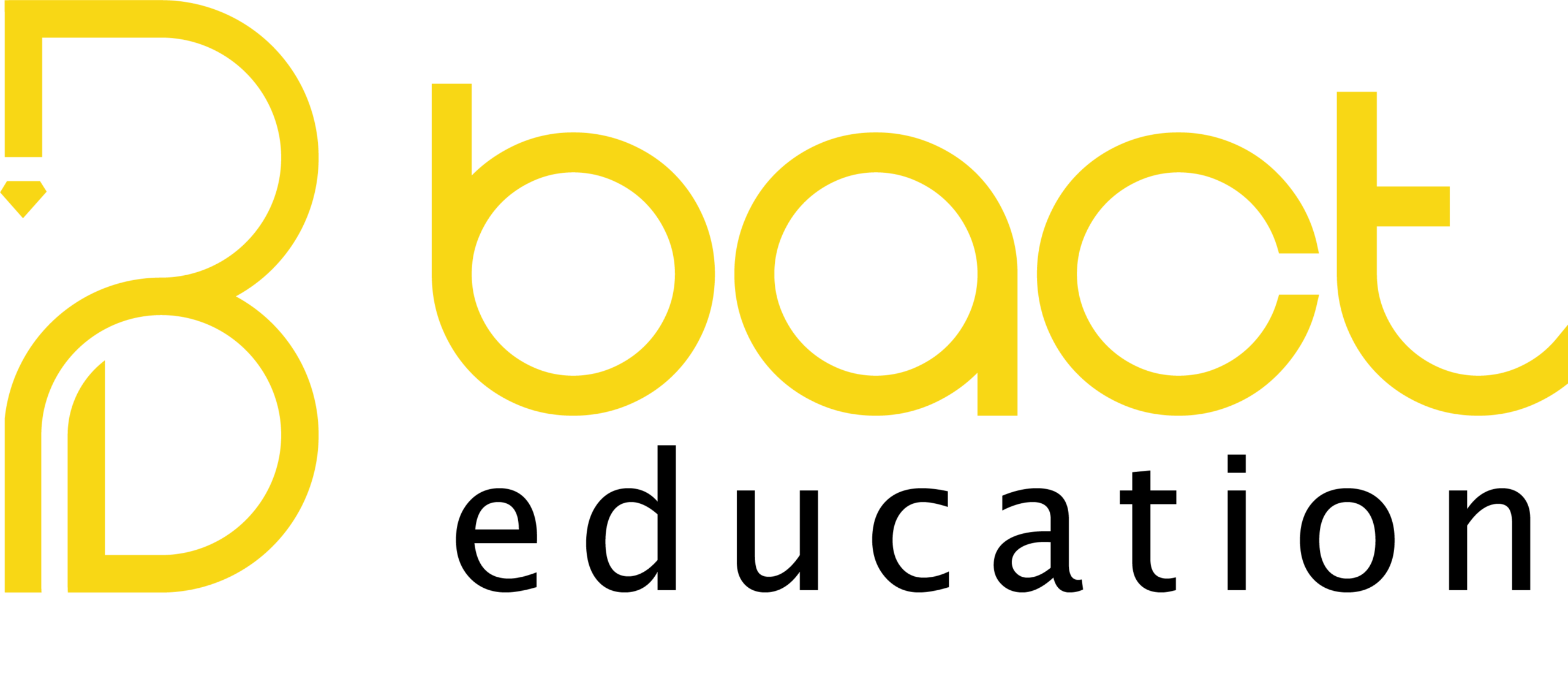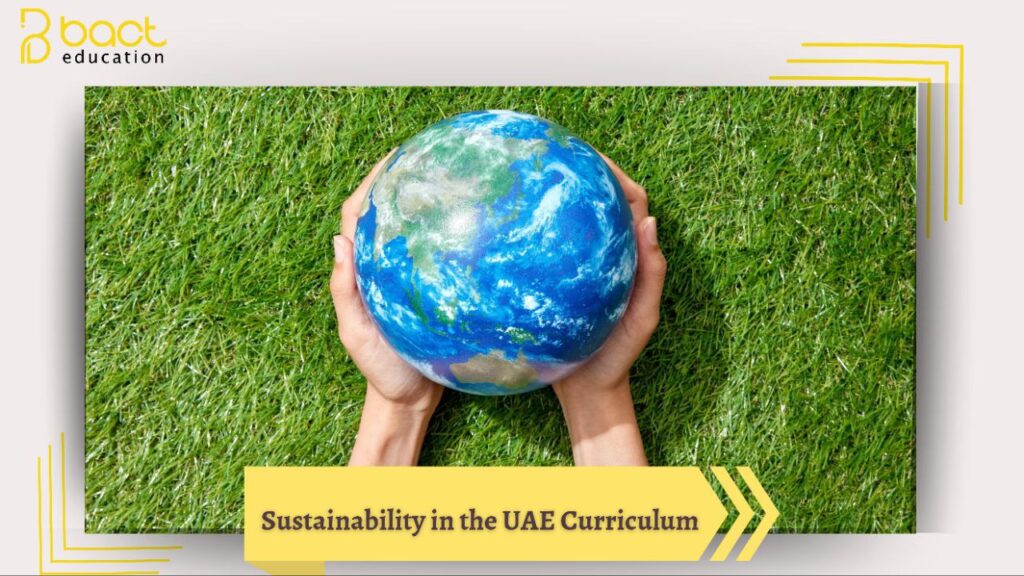: Building a Green Future for Generations
### Introduction
**Sustainability** has become a fundamental pillar of the **UAE Vision 2021** and the UAE Centennial 2071. The nation has recognized that protecting the environment and its resources is both a national and ethical responsibility. Consequently, Sustainability has been introduced as one of the **mandatory subjects** in the educational curriculum, aiming to instill the values of environmental preservation and rational consumption in students from a young age.
### Educational Objectives of the Sustainability Course
This subject aims to achieve several key goals:
1. **Environmental Awareness:** To familiarize students with the concept of sustainability and its importance on both local and global levels.
2. **Social Responsibility:** To develop students’ sense of responsibility towards their environment and community.
3. **Practical Applications:** To enable students to transform theoretical knowledge into daily practices, such as **recycling** and **rationalizing energy and water consumption**.
4. **Innovation:** To encourage students to innovate practical solutions for sustainability challenges facing the UAE and the world.
### Core Pillars of Sustainability in the Curriculum
The Sustainability curriculum is built upon three main pillars, known as the “Three Pillars of Sustainability”:
1. **Environmental Sustainability:** This focuses on:
* Preserving the UAE’s **natural resources**, such as water and energy.
* Understanding challenges like **water scarcity** and **global warming**.
* Studying national initiatives like the **Mohammed bin Rashid Al Maktoum Solar Park** and **Masdar City** in Abu Dhabi.
2. **Social Sustainability:** This concerns:
* Promoting values of **social justice** and **coexistence**.
* Maintaining **public health** and **quality of life** for citizens and residents.
* The importance of **green spaces** and reducing noise and visual pollution.
3. **Economic Sustainability:** This includes:
* Understanding the concept of a **green economy** and how it contributes to diversifying income sources.
* Learning about projects like **Masdar City** and the **Dubai Clean Energy Strategy 2050**.
* Exploring future careers in **renewable energy** and **green technology**.
### The UAE’s Pioneering Sustainability Initiatives
The curriculum highlights the nation’s leading efforts, including:
* **The UAE Net Zero by 2050 Strategic Initiative:** The ambitious goal announced by His Highness Sheikh Mohamed bin Zayed Al Nahyan.
* **Hosting COP28:** This underscores the country’s pioneering role in global climate action.
* **Masdar City in Abu Dhabi:** A living model of a sustainable city powered by clean energy.
* **Dubai Clean Energy Strategy 2050:** Aims to provide 75% of Dubai’s energy from clean sources.
### Conclusion
Integrating Sustainability into the UAE curriculum is more than just an academic course; it is an investment in the future. It aims to graduate a conscious generation that understands the challenges of our time and is capable of leading the nation’s sustainable development journey, fulfilling the aspirations of the wise leadership to build one of the best countries in the world

